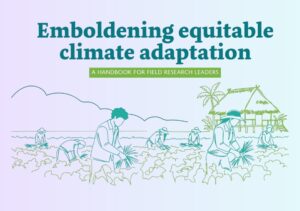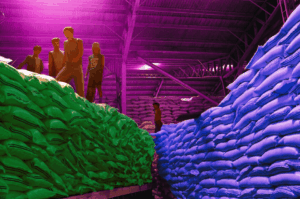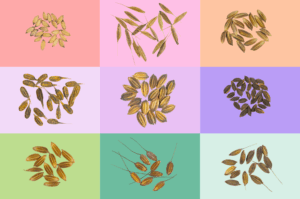Malaysia’s Agriculture and Food Security Ministry plans to explore saltwater rice cultivation methods to increase the country’s rice production.
The ministry has held discussions with experts regarding the technology that could be used for expanding rice production.
Although still in the early stages, the aim is to ensure that areas near the seas can be used for agriculture in the future.
Read the story @The Star
Promising management strategies to improve crop sustainability and amend soil salinity
The FAO estimated that over 6% of the world’s land area and about 20% of irrigated croplands are affected by salinity. Strategic and adaptive research on the incorporation of modern technologies, salt-tolerant varieties, biochar, plant growth regulators, and nanoparticles will be critical in amending salt-affected soil and increasing the productivity of degraded land.
A new wave of rice farming
For plant geneticist Luke Young and biologist Rory Hornby, the solution to the world’s food security is an audacious concept: sea farming or ocean agriculture that utilizes the natural mechanism of plants such as mangroves and seagrasses to live in a saltwater environment.
Wild parent spawns super salt-tolerant rice
Farmers are set to reclaim salt-ravaged land thanks to a single rice plant born of two unlikely parents that is spawning a new generation of rice that has double the salinity tolerance of other rice.
“This will make saline-stricken rice farms in coastal areas usable to farmers,” said lead scientist. Kshirod Jena of the International Rice Research Institute (IRRI). “These farmlands are usually abandoned by coastal farmers because the encroaching seawater has rendered the soil useless. That means livelihood lost for these communities.”










